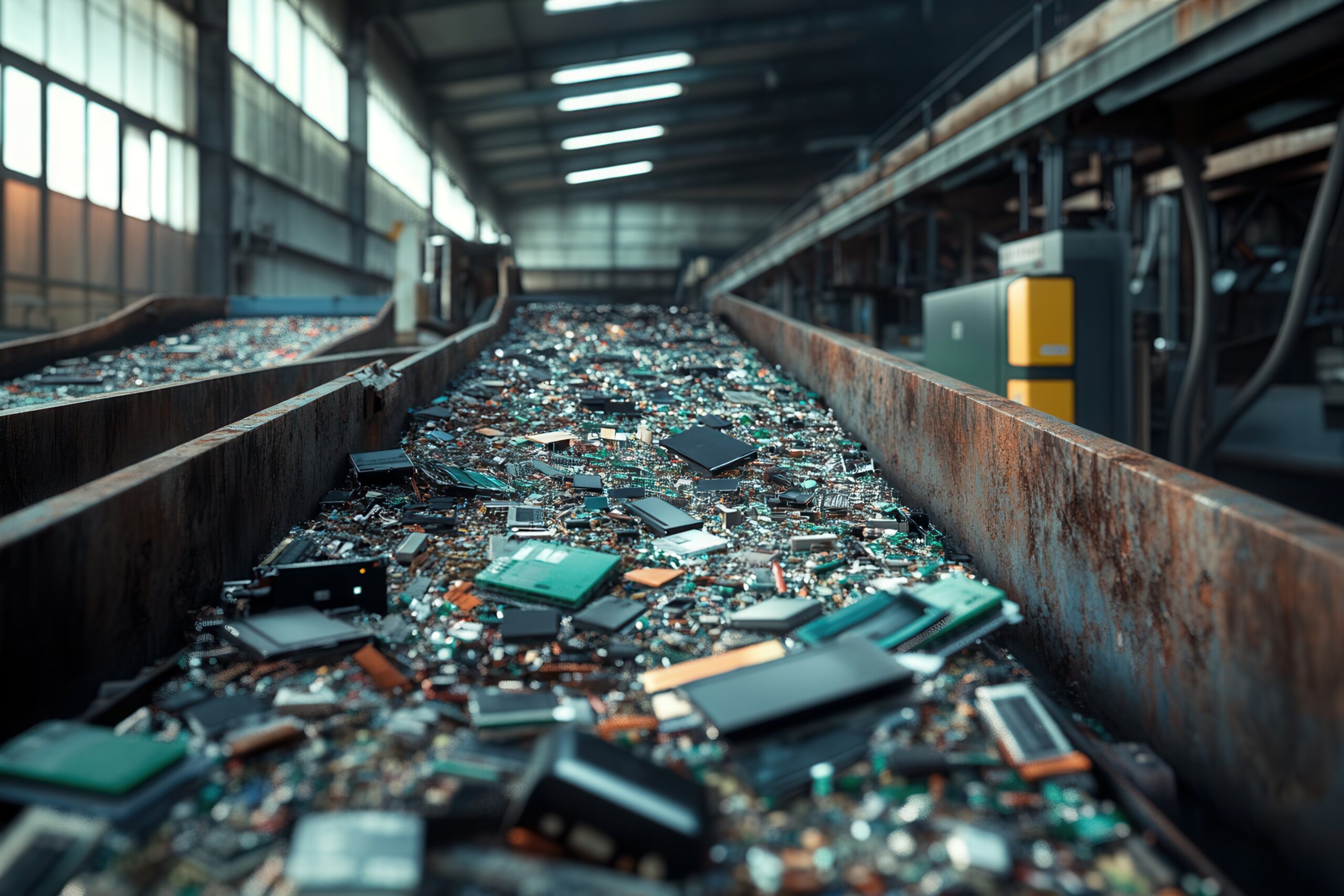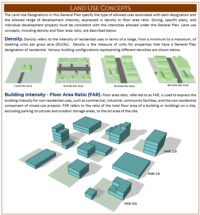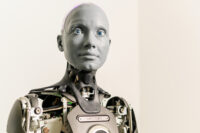My wife and I recently moved from one side of town to another; we’ve downsized. After living in the same house for 28 years, that move included an awful lot of stuff.
As the comedian, the late George Carlin duly noted, accommodating “stuff” occupies a central role in modern human affairs. In our case, our stuff includes not only our own, but stuff acquired by our parents and their parents. Presumably, our children, grandchildren, and their descendants all the way down the line will someday have to deal with all this stuff.
There was a time when people only accumulated what they could carry on their backs or in the case of some, on a sled. For most indigenous people, homes were left behind as they traveled and were rebuilt from natural materials. Personal possessions might include a totem, beads, small carvings or a pipe for smoking. Nomadic hunter gatherer societies traveled light.
In cultures in New Guinea or the American Northwest community leaders would accumulate possessions, but a Potlatch or festive celebration would accommodate the giving away of accumulated wealth. We call our modern version of this philanthropy, and celebrate it, honoring the wealthy who are generous.
For most of us, however, modern life is like hauling a driftnet behind us into which accumulates both treasured objects and ordinary trash. This stuff is accompanied by feelings of sentimental pleasure and security as well as being a burden we must drag around and protect. Entire industries have developed around stuff: insurance companies, advertising agencies, storage facilities, movers, auction houses, trash haulers, garbage dumps, landfill operations, and so forth. In a sense, our entire modern economy is predicated on stuff.
Our stuff includes my wife’s grandmother’s dishes, some of my grandmother’s pots and pans, photos of family members taken at the turn of the 20th century, my grandfather’s watch from 1952, my father’s WW2 Army uniform, and other memorabilia. Add to that a collection of potted plants, various artworks, quilts, comforters, sheets and pillowcases, and books. Tons of books. Fully 25 percent of the boxes now piled up and filling our new 2-car garage (the first of our adult lives) are filled with books.
By the time my mother died at 91 years old, she also had accumulated many books; they filled an entire wall of bookshelves, from floor to ceiling, twenty-five feet long. This was in 2011, well into the digital age. For her generation, books were the “internet,” the accumulation of knowledge that could be passed on from one hand to another, but when she died all that had changed. Sadly, my sister and I ended up selling my mother’s books by the foot.
The accumulation of stuff, what we call consumerism, is changing our planet. When I cancelled my DirecTV account, I was told to send the receiver and electronics to a recycler. Think about that. DirecTV has nearly 12 million customers, and that means eventually 12 million receivers and electronic gear will be thrown away. Filled with semi-precious metals as well as highly toxic substances, such stuff may make its way across the ocean to a third-world country where it will be “mined” for bits of gold. Like they say, one man’s garbage is another man’s treasure, but really, is this a proper way to live?
Perhaps we will have the boxes in the garage just hauled away. Probably not.










Be First to Comment